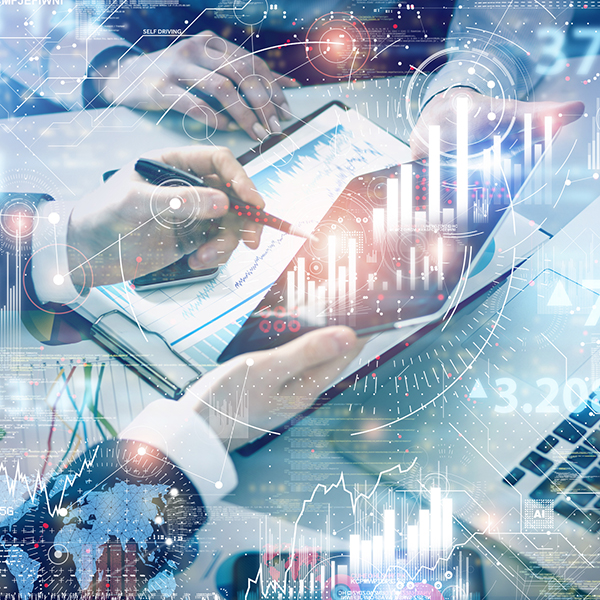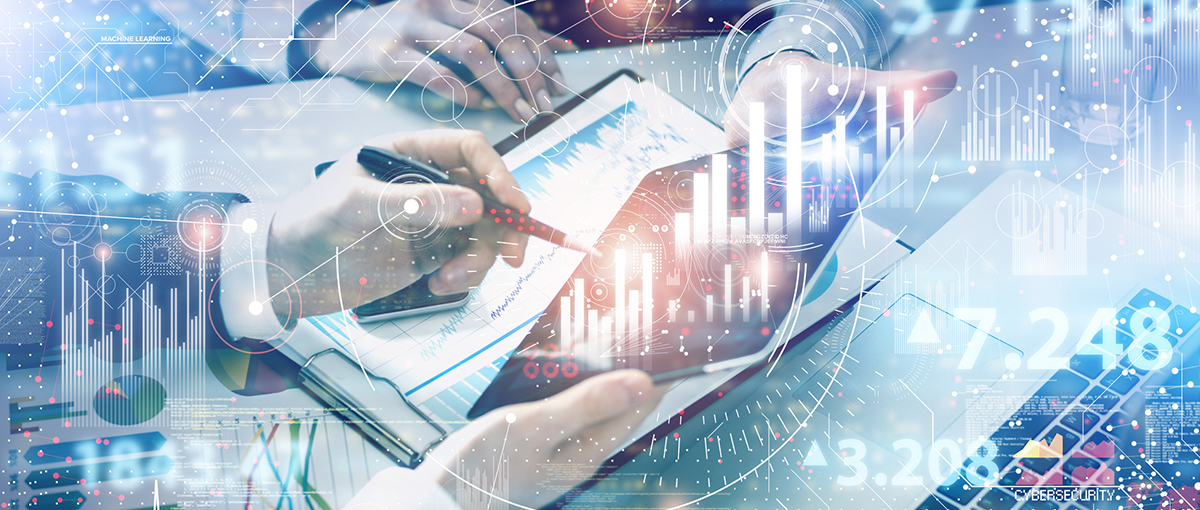
Going beyond soft skills. The executive programme in spirituality and management aims to guide students to acquire a deeper level of understanding of humankind and to give life to a virtuous contamination with topics that are more closely tied to business. «We are targeting those who want to know themselves better in order to take a leap forward», explains Professor Luciano Traquandi
The importance of soft skills in education, training and work is now accepted by everyone. However, there’s a deeper level to explore, seemingly antithetical to concepts like business, productivity and technology, but fundamental to finding a deep balance: spirituality. «We live in a period in which the excess of technology, with its defined paths, can lead to an entropic state, and thus of decline. The spirit, instead, is deeply human and, by nature, anti-entropic. And that’s exactly what we need», explains Professor Luciano Traquandi, who oversees the executive programme in spirituality and management (SPEM) for MIP Politecnico di Milano.
The balance between humans and technology
But what does spirituality mean exactly? And why did MIP decide to devote an entire course to this topic? «We decided to use this term because it was the one that most of all indicated something inmeasurable and intangible, something that escapes any kind of measurement. To understand its nature better, think about the term “culture”», explains Traquandi. «You can’t “weigh” culture. But different cultures lead to different outcomes. With the SPEM programme we want to go beyond this, and address issues that are often elusive».
This course required a lengthy preparation: «We’ve been working on it for about ten years. But it comes at the ideal moment, in an historic period in which we are deeply shaken by something that is apparently insignificant and intangible», explains Traquandi, referring to the coronavirus. But this need for spirituality is also tied to the enormous technological acceleration seen in recent years: «The futurologist John Naisbitt stated that high tech needs to strike a balance with high touch: that is a human touch that balances out technology. But let’s not make the mistake of putting these two areas in contrast: technique benefits from spirituality, and spirituality is helped by technique; think, for example, of those Buddhist monks who are also theoretical physicists», says Traquandi.
It’s not quantified: it’s perceived
The goals of the SPEM programme are tied precisely to this: providing keys to understanding the dimension of the spirit, with the aim for a virtuous contamination with the world of production. And spirituality has repercussions on numerous fields: change management, economics, law, decision making, even artificial intelligence. «The category of the spirit is pervasive», explains Traquandi. «But take note: it’s not possible to measure it. In the face of it, we must give in. We can feel it and perceive it but not control it. And although this course is strictly secular, it’s worth recalling cases of companies which, following problematic acquisitions, accepted to undergo theological analyses that then allowed them to overcome critical issues identified. And it’s normal that this is the case: we all live this profound dimension. Maybe it’s not easy to confess it to ourselves, but we live it».
A study path that aims for understanding
The SPEM course addresses all these themes: «It is directed towards courageous and sensitive people, with great skills», explains Traquandi. «People who feel the need to take a leap forward, both for work and for themselves. Precisely becase self-knowledge is a fundamental element of this course. The approach is complex. Each module will be dedicated to a theme.
And seeing that, as we were saying earlier, the spirit is pervasive, we will have speakers from a wide variety of fields: doctors, theologians, members of the military, entrepreneurs, experts from the world of research and the economy. We’ll offer students a variety of stimuli, necessary to arrive at a full understanding. There aren’t and can’t be unified theories and results. Every participant’s experience will be a personal one that will draw from their own reservoir of spirituality. For this reason, participation will be fundamental: discussions within the group will be decisive for the success of this experience», concludes Traquandi.

















